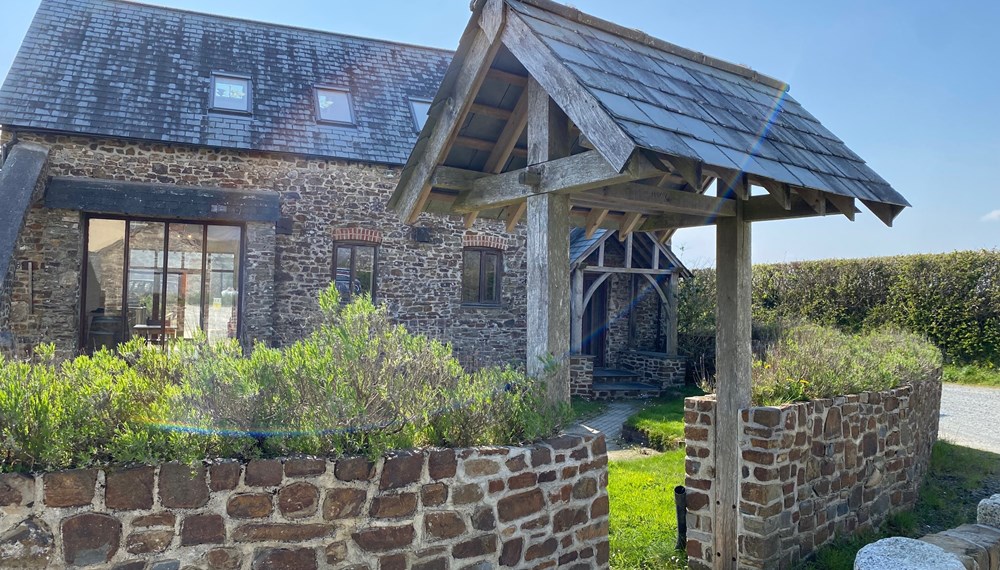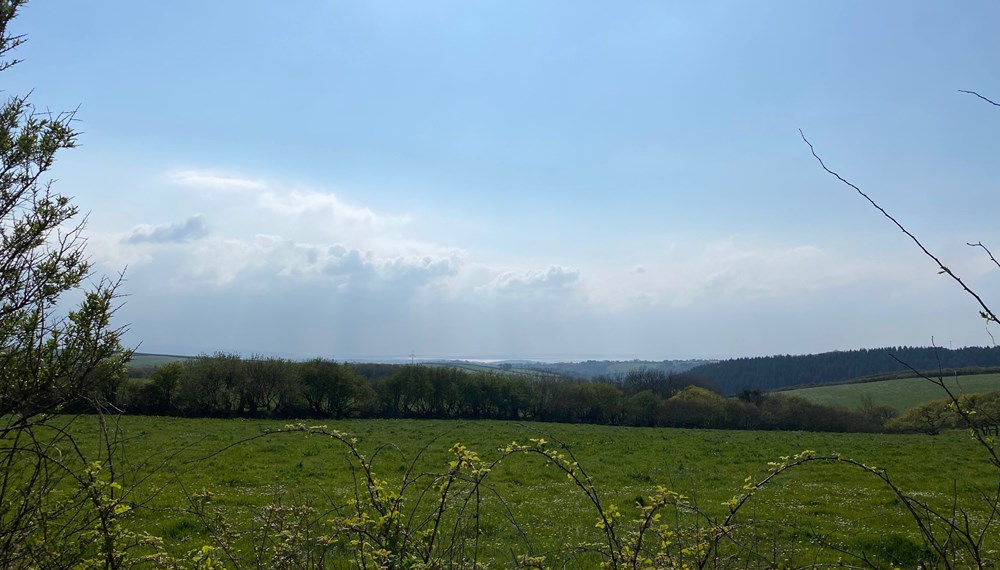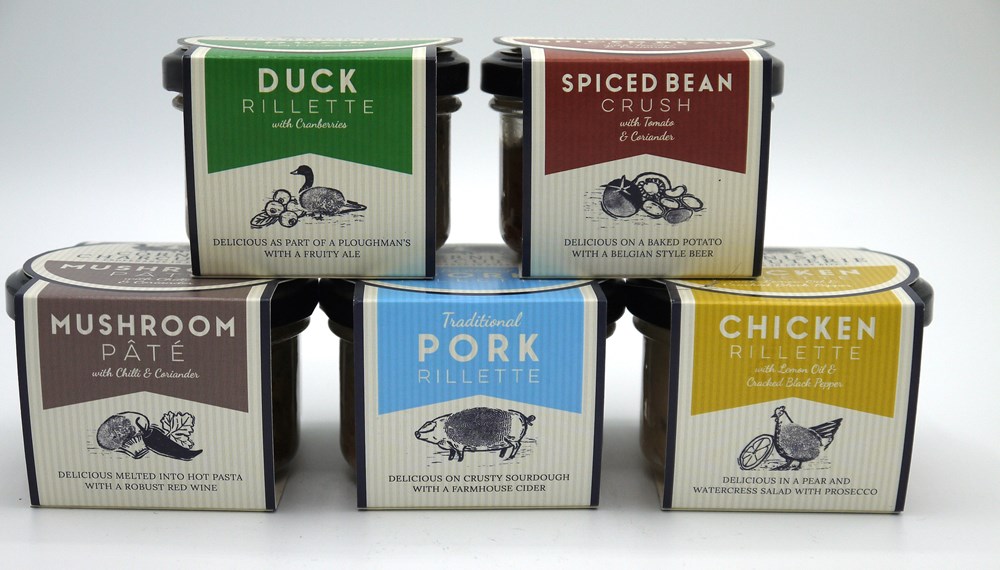Norton Barton Farm
Richard and Fionagh Harding admit they had virtually no knowledge of farming when they bought Norton Barton Farm in Cornwall, which 17 years later, is now home to several thriving food businesses.

“Listening to The Archers was our only experience of farming,” says Richard Harding, who together with wife Fionagh made the drastic decision to leave their successful careers in London to pursue a completely different lifestyle.
The decision was prompted by the premature arrival and critical illness of their first child Kitty. It was a very difficult time, but Kitty went on to thrive and (now aged 25) is currently studying for a Masters degree in Brighton. “But that experience made us want to give up the city where I was managing director of a private equity firm and Fionagh was an investment manager.”
Kent was their first move and they both took the opportunity for further study, while deciding what to do next. “We decided Kent was too claustrophobic so in 2006 we bought a farm in Cornwall!”
Norton Barton Farm is around 300 acres. By 2006, the Hardings had four children under eight years old, and Richard says they had an ‘idealised view’ of having a mixed farm with cattle, sheep, pigs and poultry.
“We soon realised that most of the farmers we met had forgotten more about farming than we would ever know. But we knew we had to specialise, so narrowed it down to beef and pigs and a few turkeys as well.”
It was a steep learning curve and Richard admits their knowledge was very limited. He recalls an occasion in the early days when doing some consultancy work alongside the farm. “I was sat in the barn on my laptop, overlooking the farm when The Archers came on the radio.

“They were talking about silaging. I had no idea what it was but wondered if we should be doing it so phoned our neighbour to ask.” Fortunately the neighbour – like many other local farmers – was extremely helpful and Richard says they’ve played a key part in their success.
The Hardings launched their first diversification business two years later, producing sausages, pork pies, bacon and ham. “But we recognised straight away the local market for these products was limited, so we needed to distribute our products to a larger area.
“We also found there were lots of other people doing exactly the same thing in Cornwall. I took the view that those ‘low barrier to entry’ products were not sustainable. So in 2011 Cornish Charcuterie was founded, creating pâtés, rillettes and salamis.”
“Sadly, a few years later Fionagh was diagnosed with breast cancer so we needed to rationalise what we were doing.” A neighbouring dairy farmer took over management of the beef cattle on his land. “He would cut our grass for winter cattle fodder while we kept going with the pigs and turkeys and we have continued with that arrangement.”
By 2015, the Hardings recognised an opportunity to work with other artisan food producers. “I could see there were some significant weaknesses in the system for small food producers, so wouldn’t it be great if we could form a group to share resources and improve efficiency?
“It resonated with Defra and in 2015 we were awarded the status of a Food Enterprise Zone.” Designed to ‘unleash the entrepreneurial spirit of the countryside and food producers’ the scheme included grant funding and support with planning and development.

The Norton Barton Artisan Food Village, as it became known, is now home to businesses producing biscuits, cakes, cheese, gin and rum as well as a private dining chef, flower grower and a beekeepers’ organisation. Richard now has plans to take this further, developing an artisan food collective which would bring more businesses together formally to benefit from shared distribution channels.
Meanwhile, the pig herd continues to produce plenty of British Lop pork for the charcuterie enterprise. With a production manager in place, Richard and Fionagh are no longer involved in the hands-on farming.
“I had a heart attack during lockdown and was in hospital for a number of months before open heart surgery which is when we took on the production manager. It was definitely the right decision for us.
“The farm is now fully diversified. The land is still being used and very productive and where possible the produce is being turned into value-added products and exported out of Cornwall to the rest of the country.”
They supply seven farm shops directly, plus many more delis and hamper companies. “There are about 30 people employed on site which is a huge change from the one man and his son who owned the farm before.”
And their success over the years has been noted by the farming community too, some of whom were a bit sceptical when they first arrived:
“Two years after we moved in an old fellow turned up with a dog who looked as old as him,” says Richard. “He knocked on the door and said ‘Well done. We didn’t think you’d make it, but you have!’”
Click to read more about Norton Barton Artisan Food Village. To find out more about Richard’s experience of change in our Future Farming Mindset article, click here.


